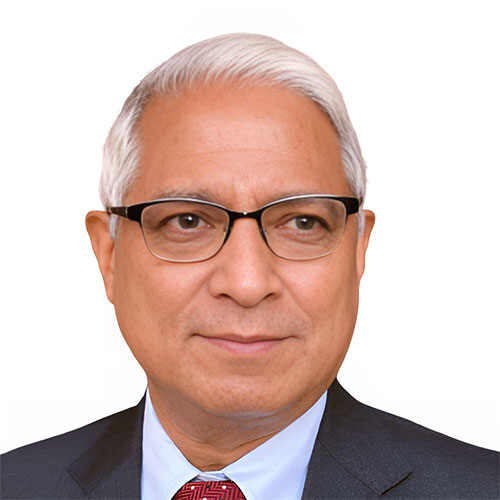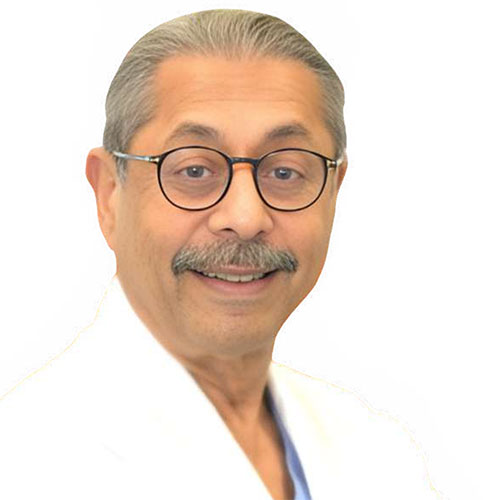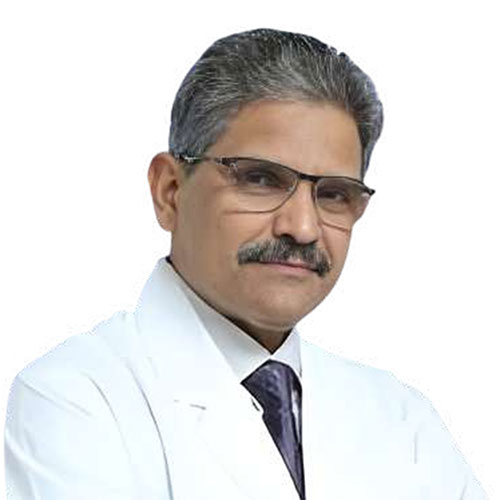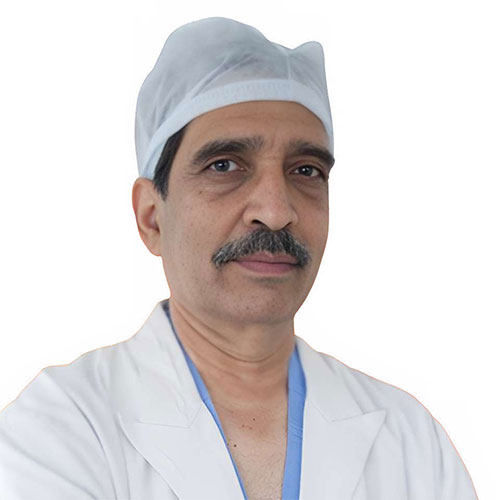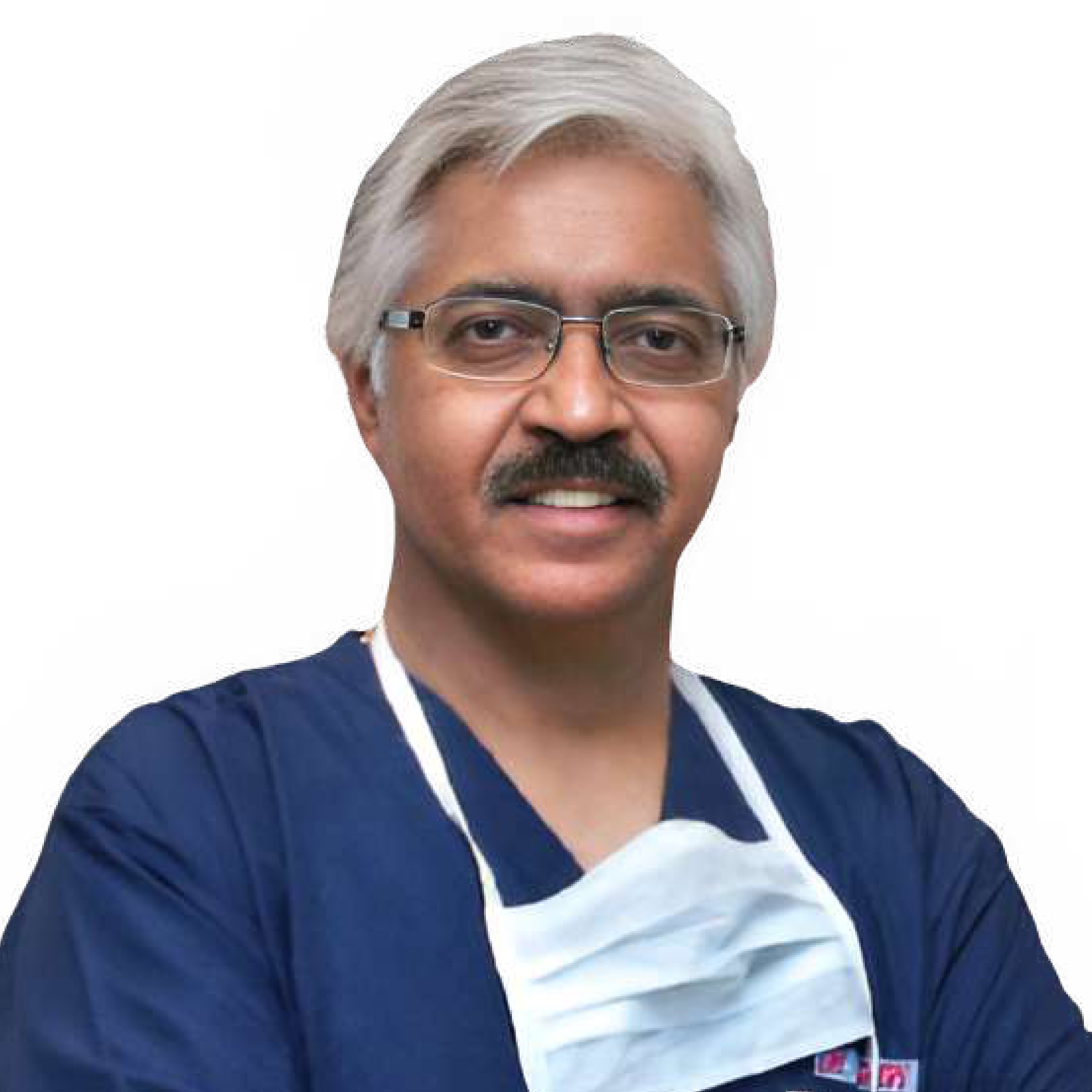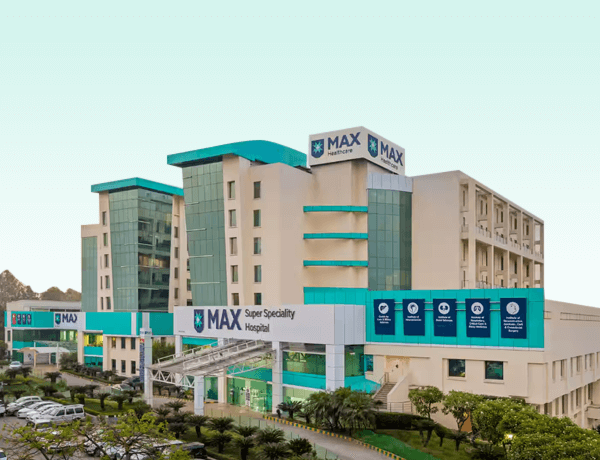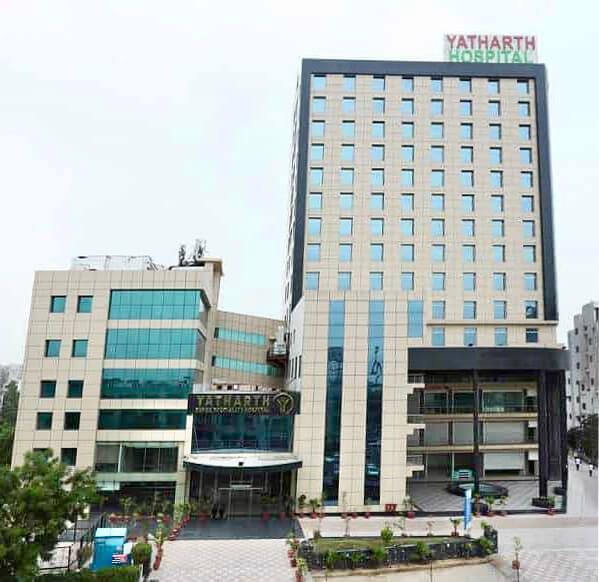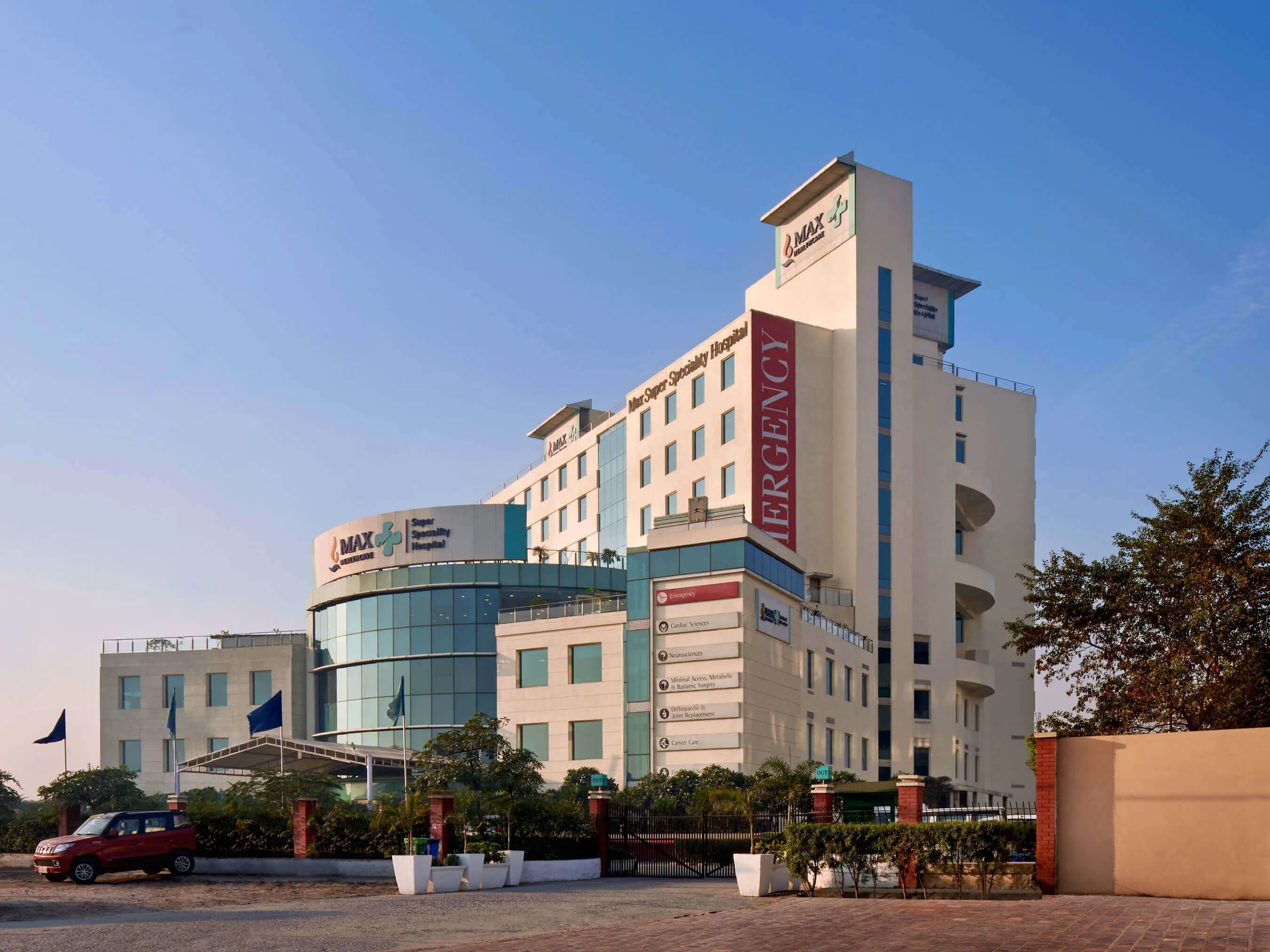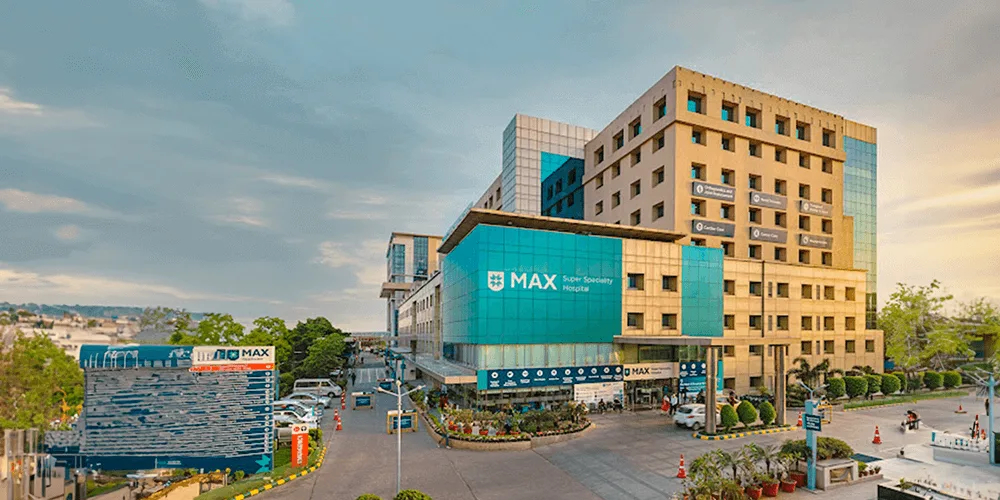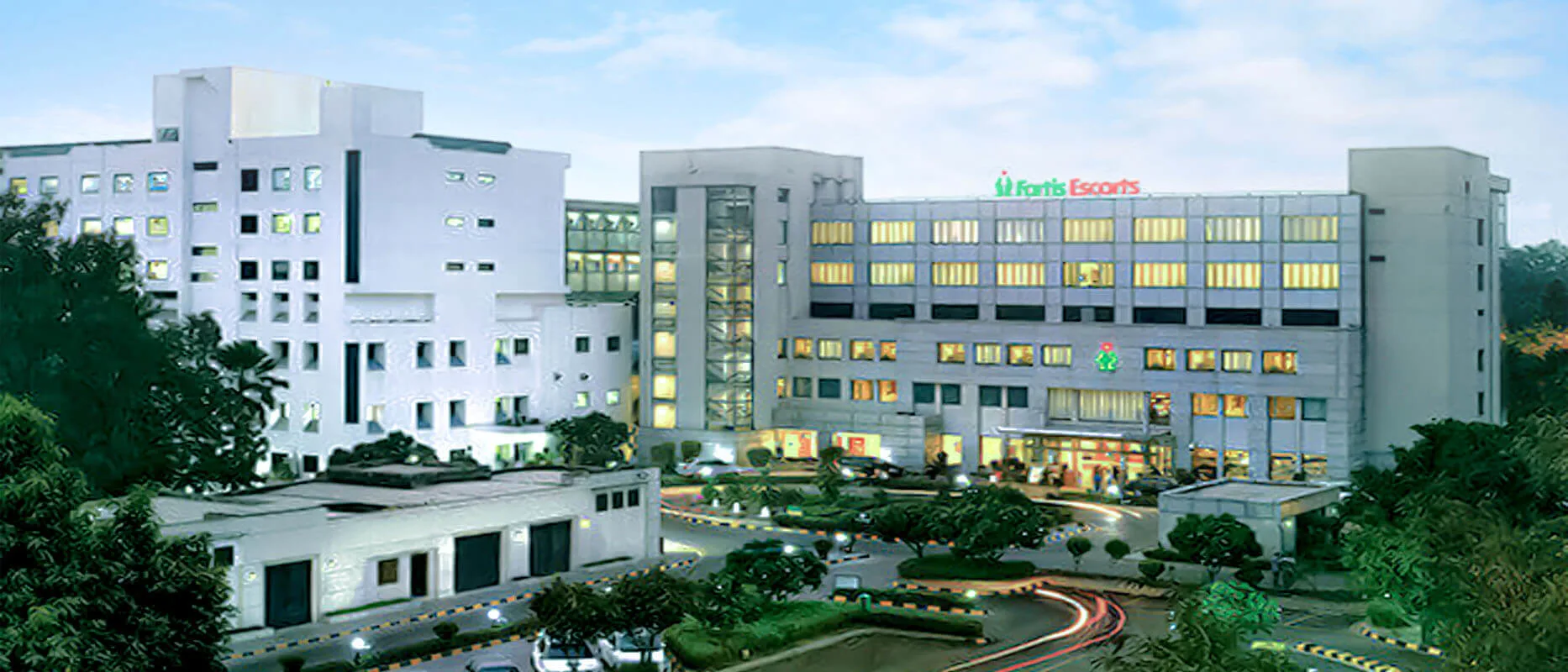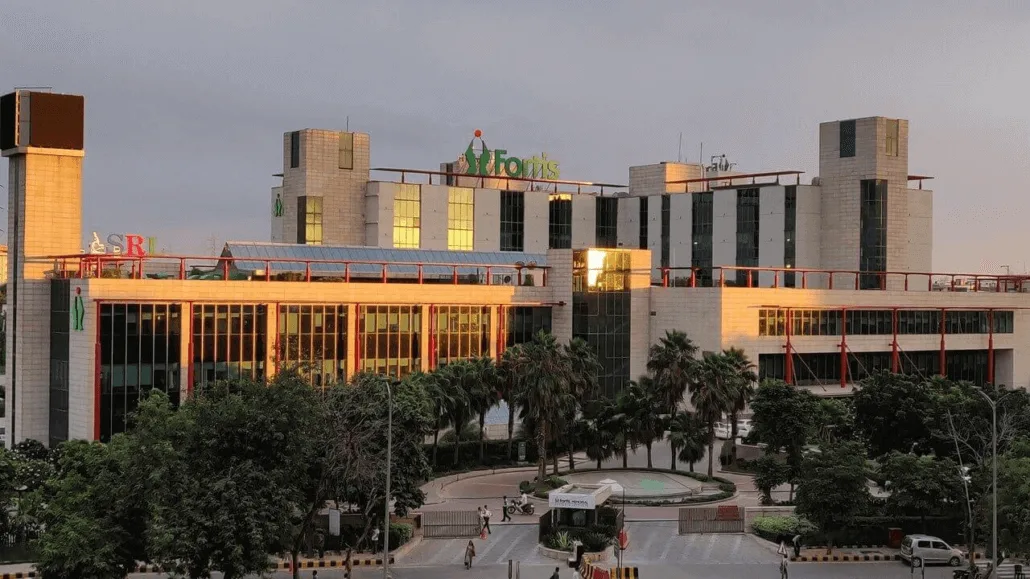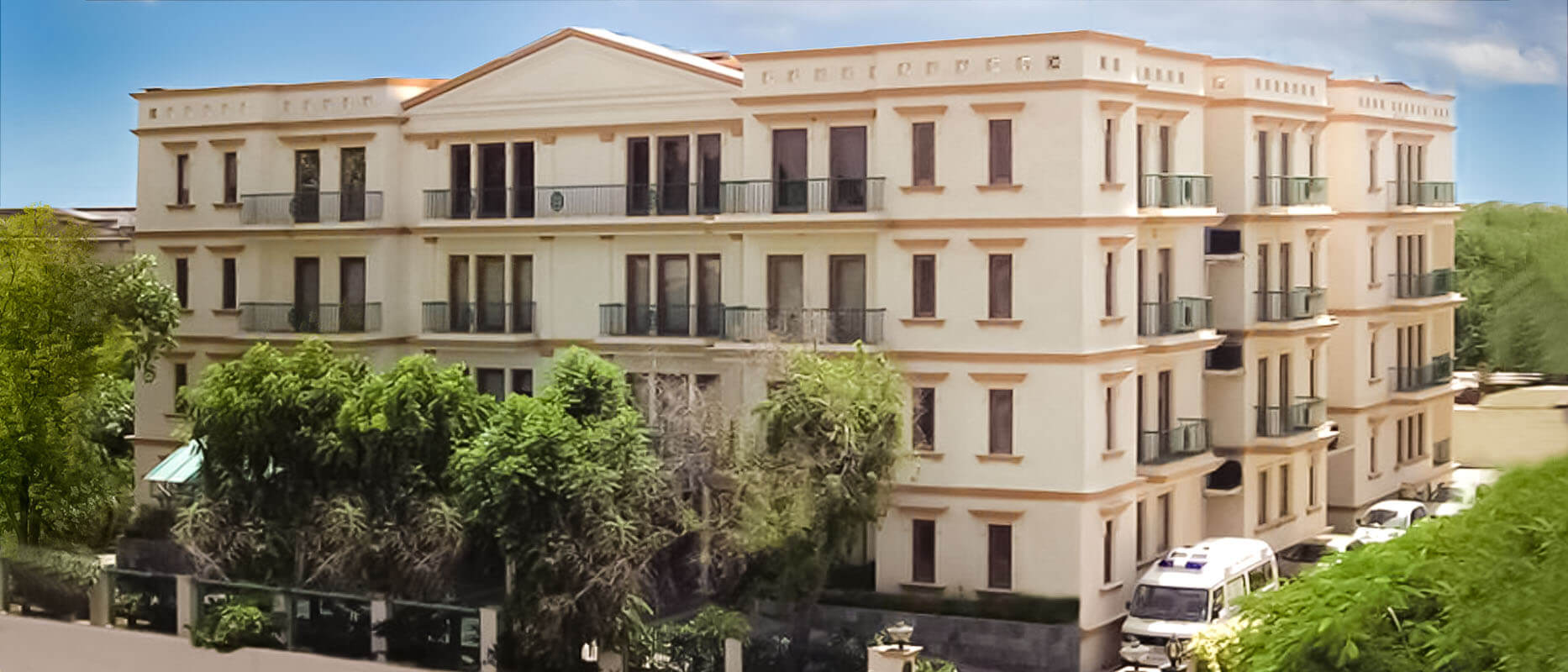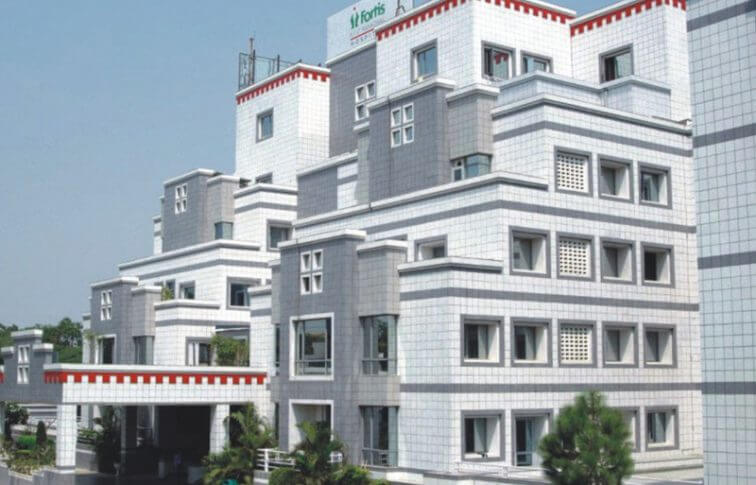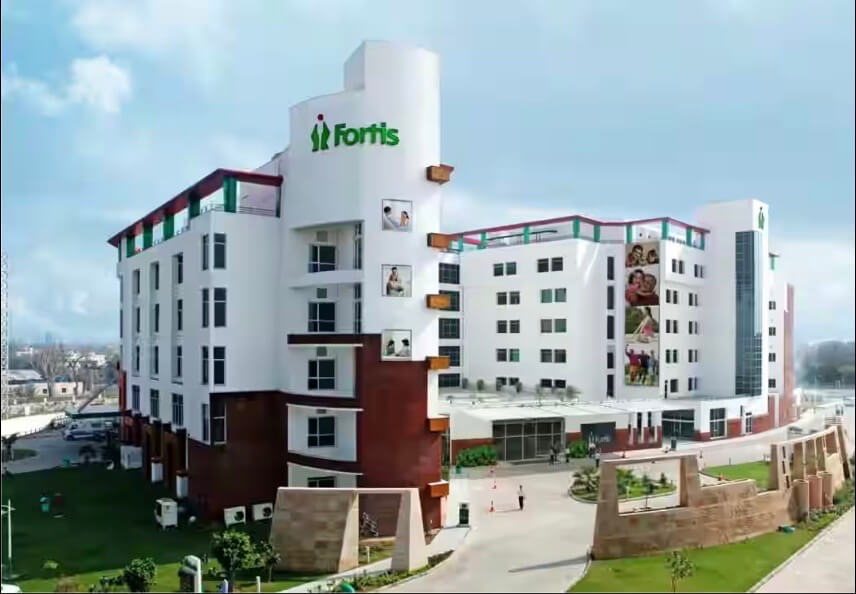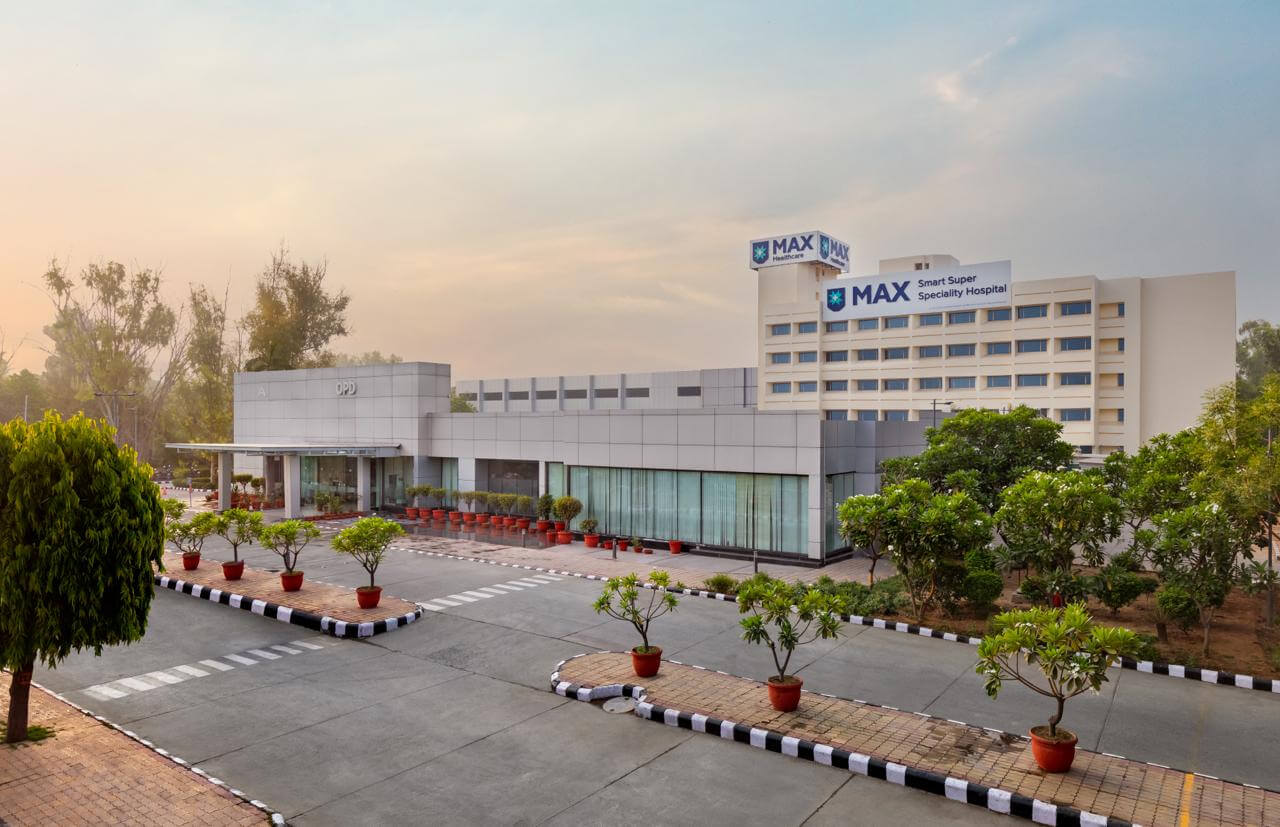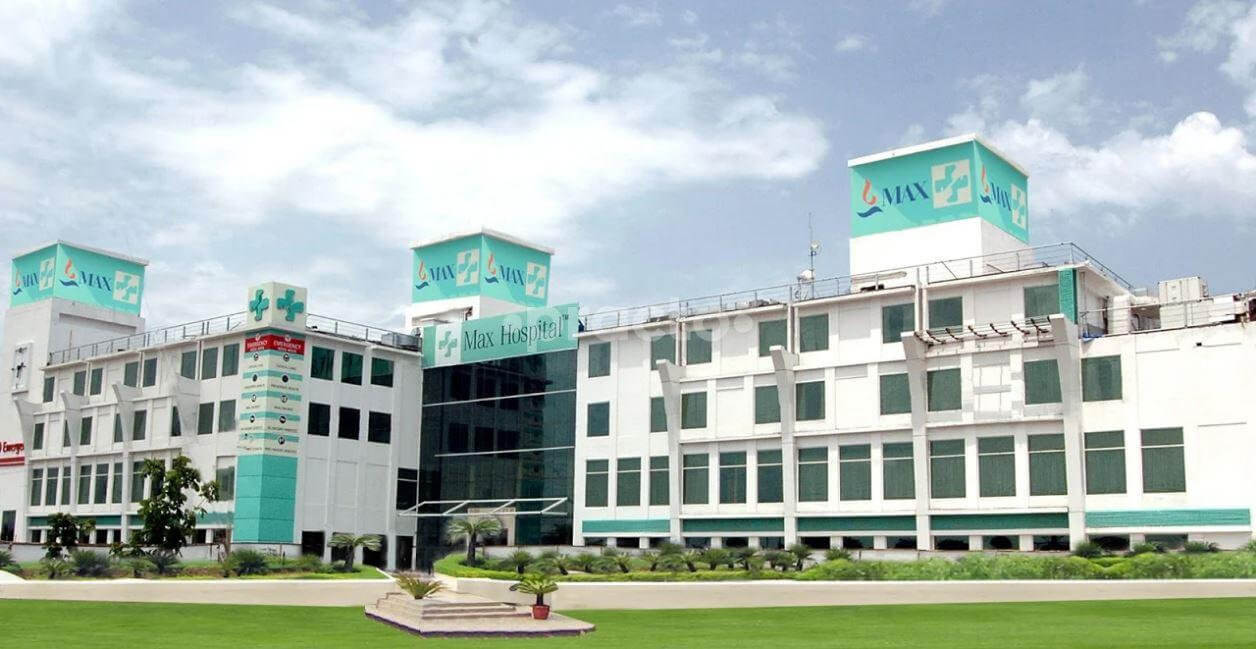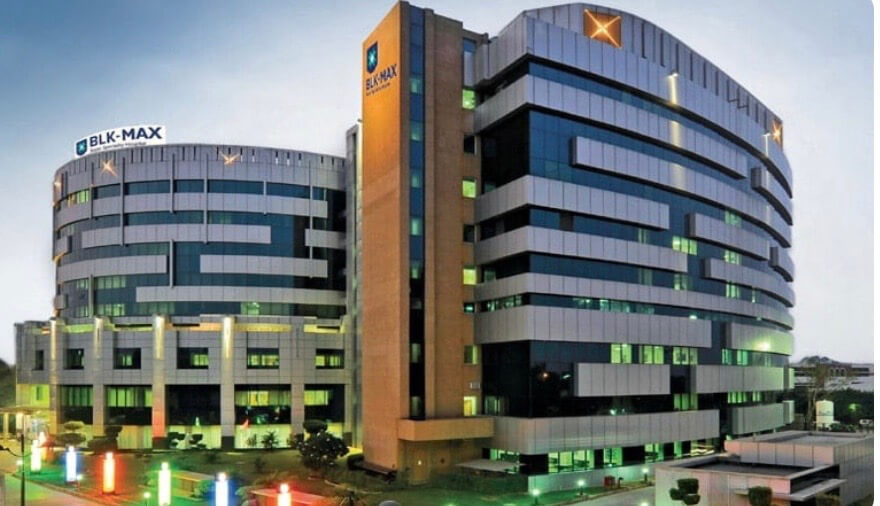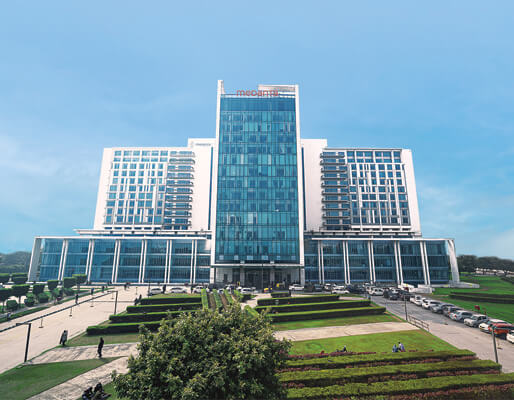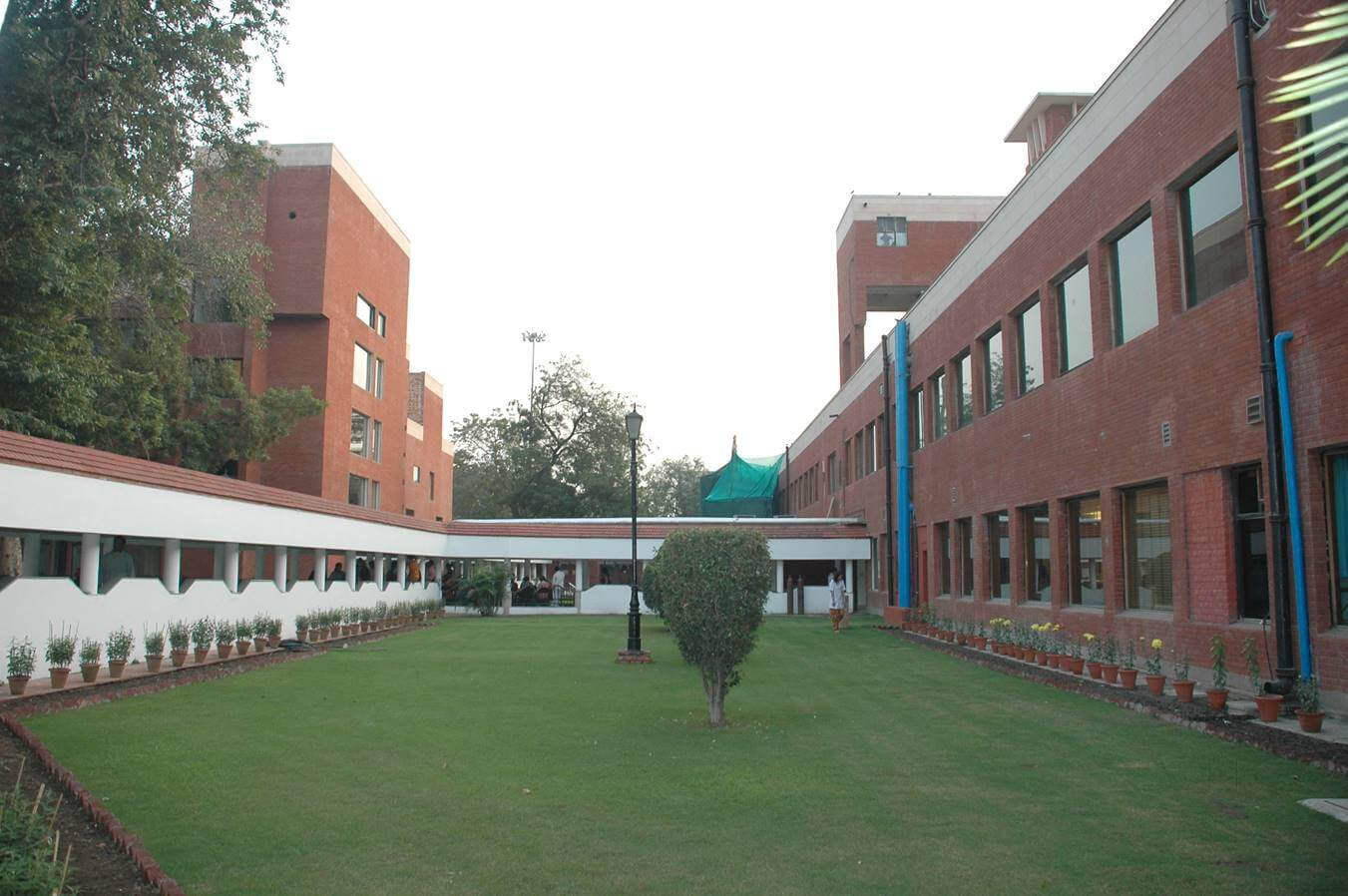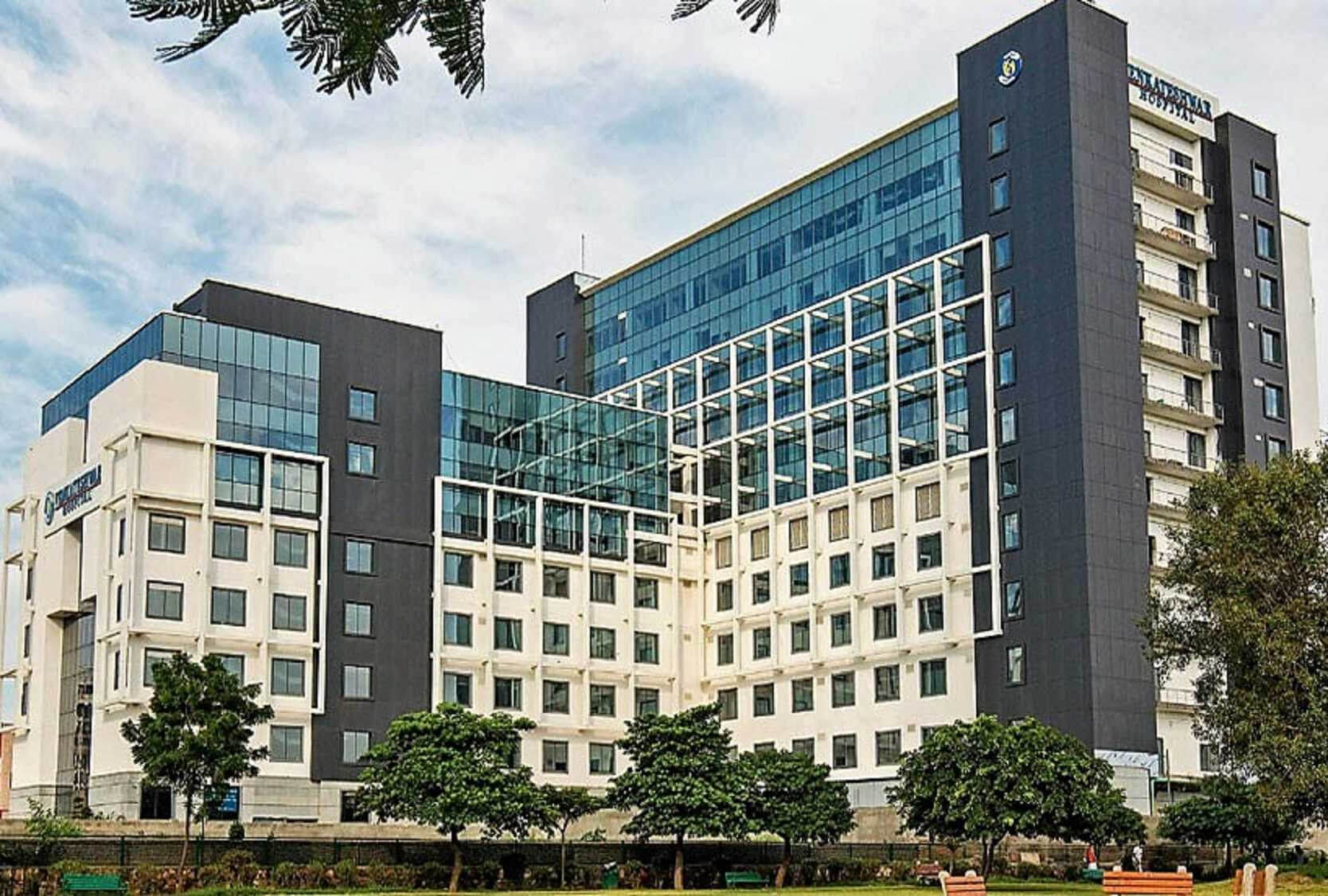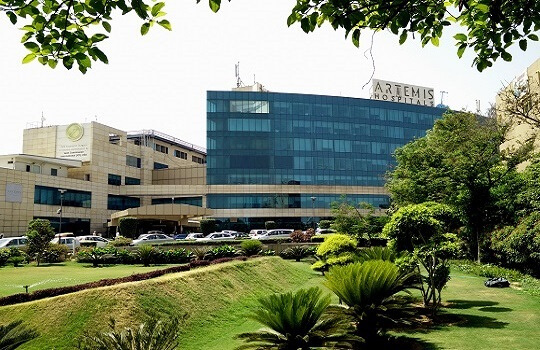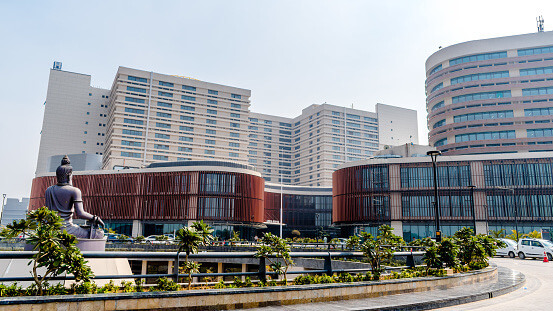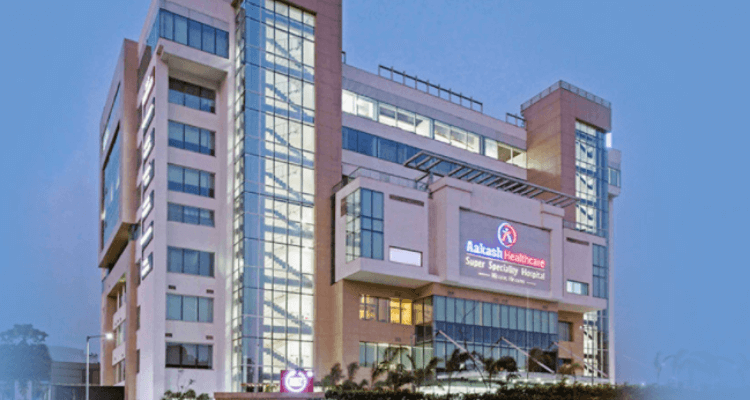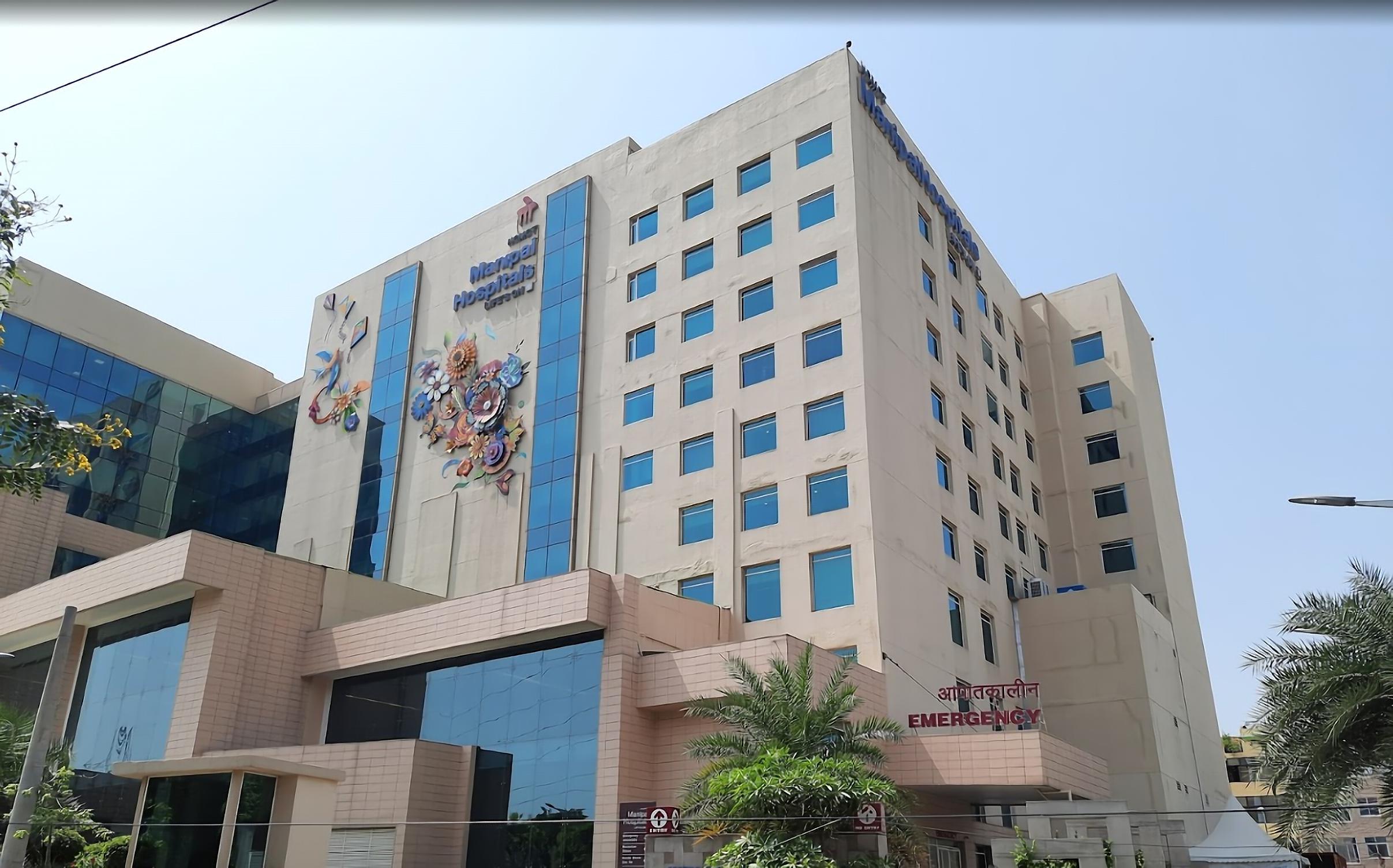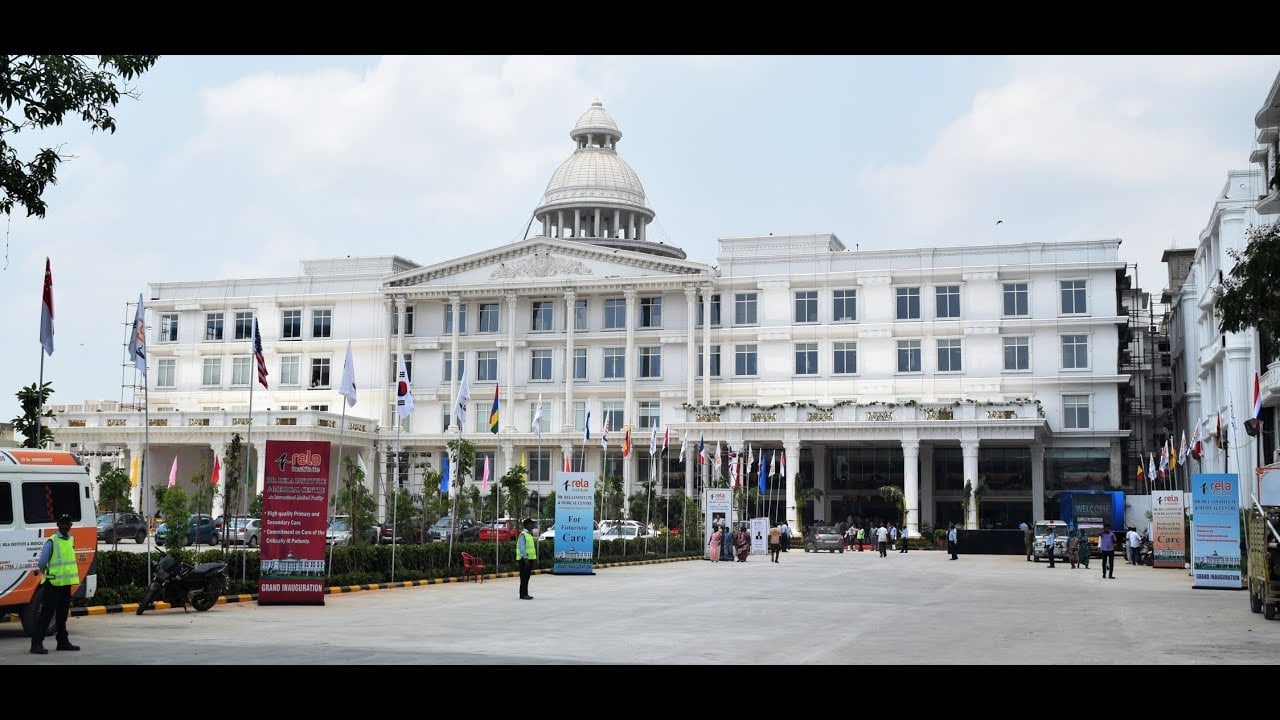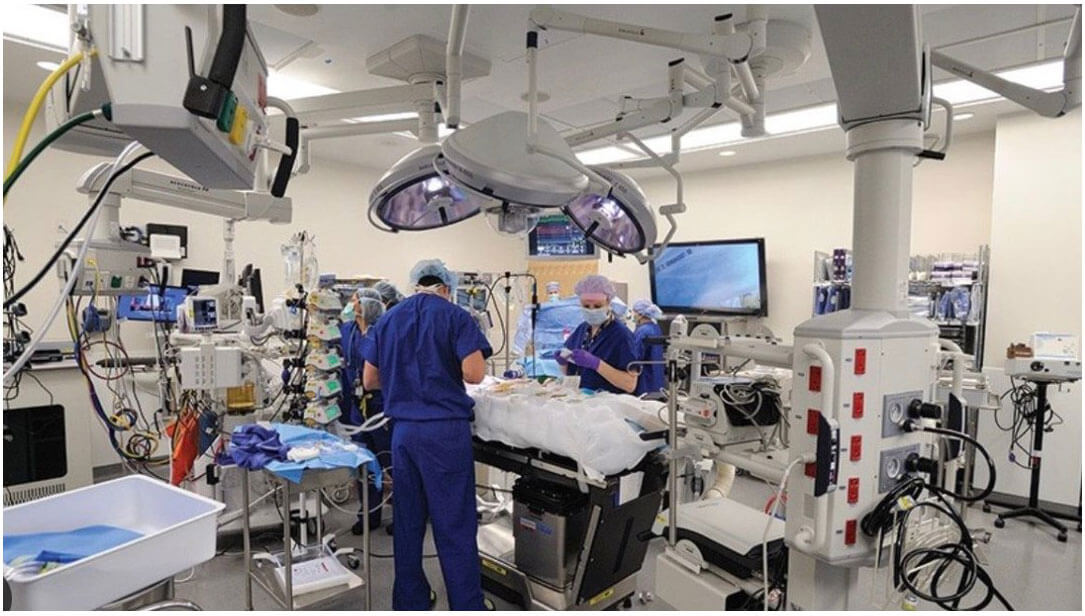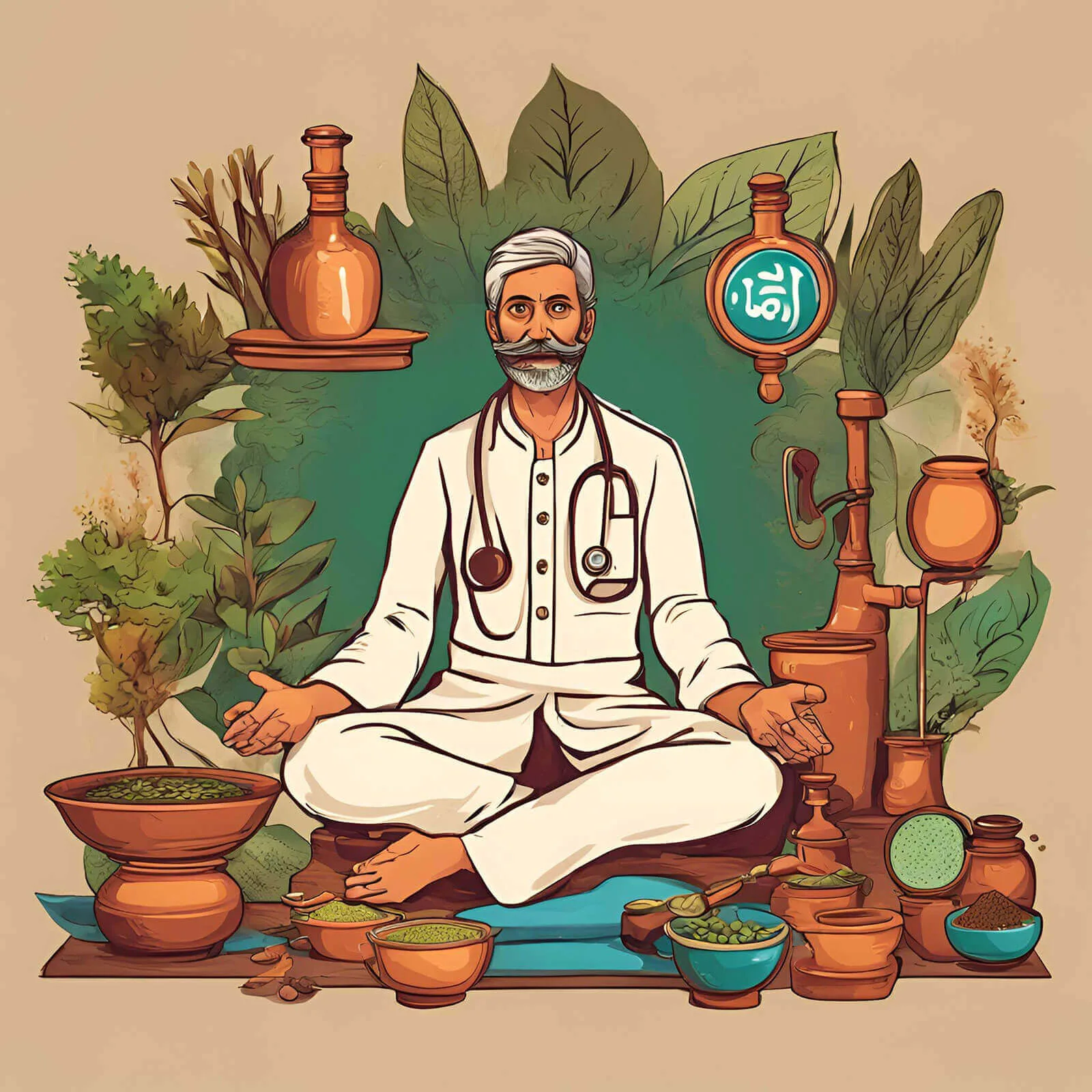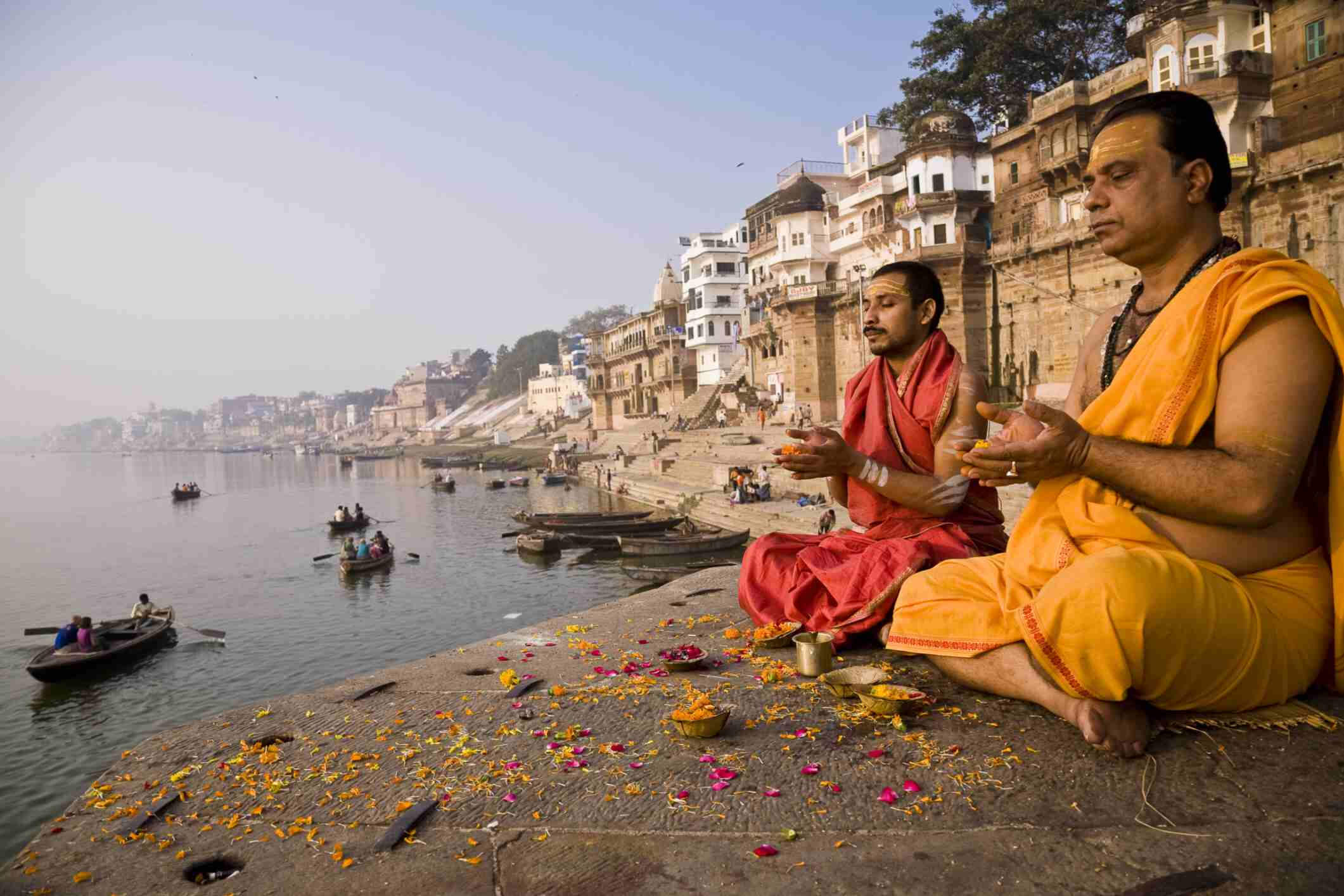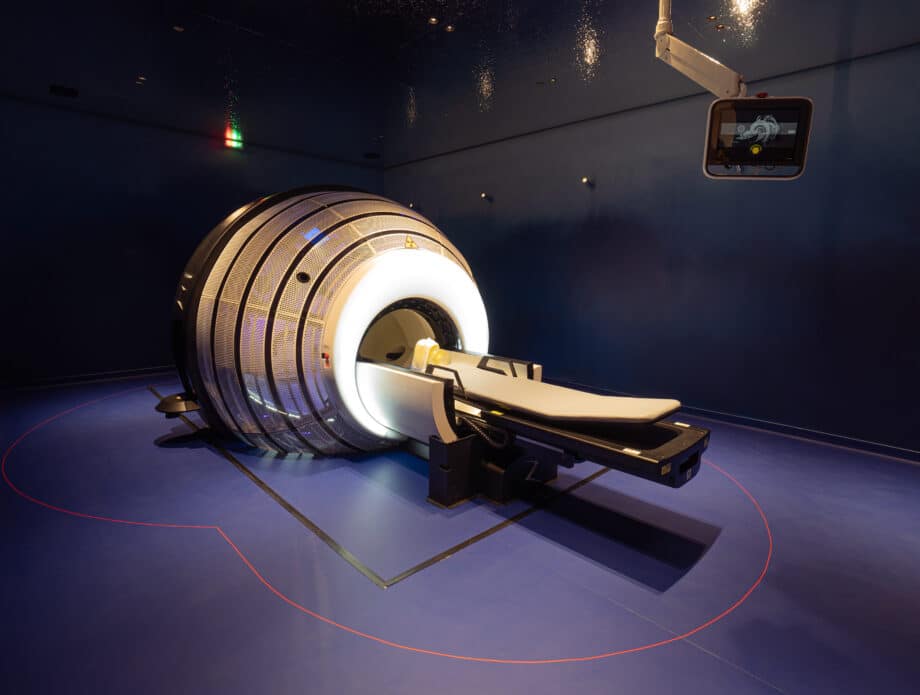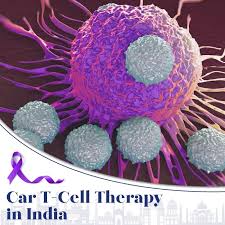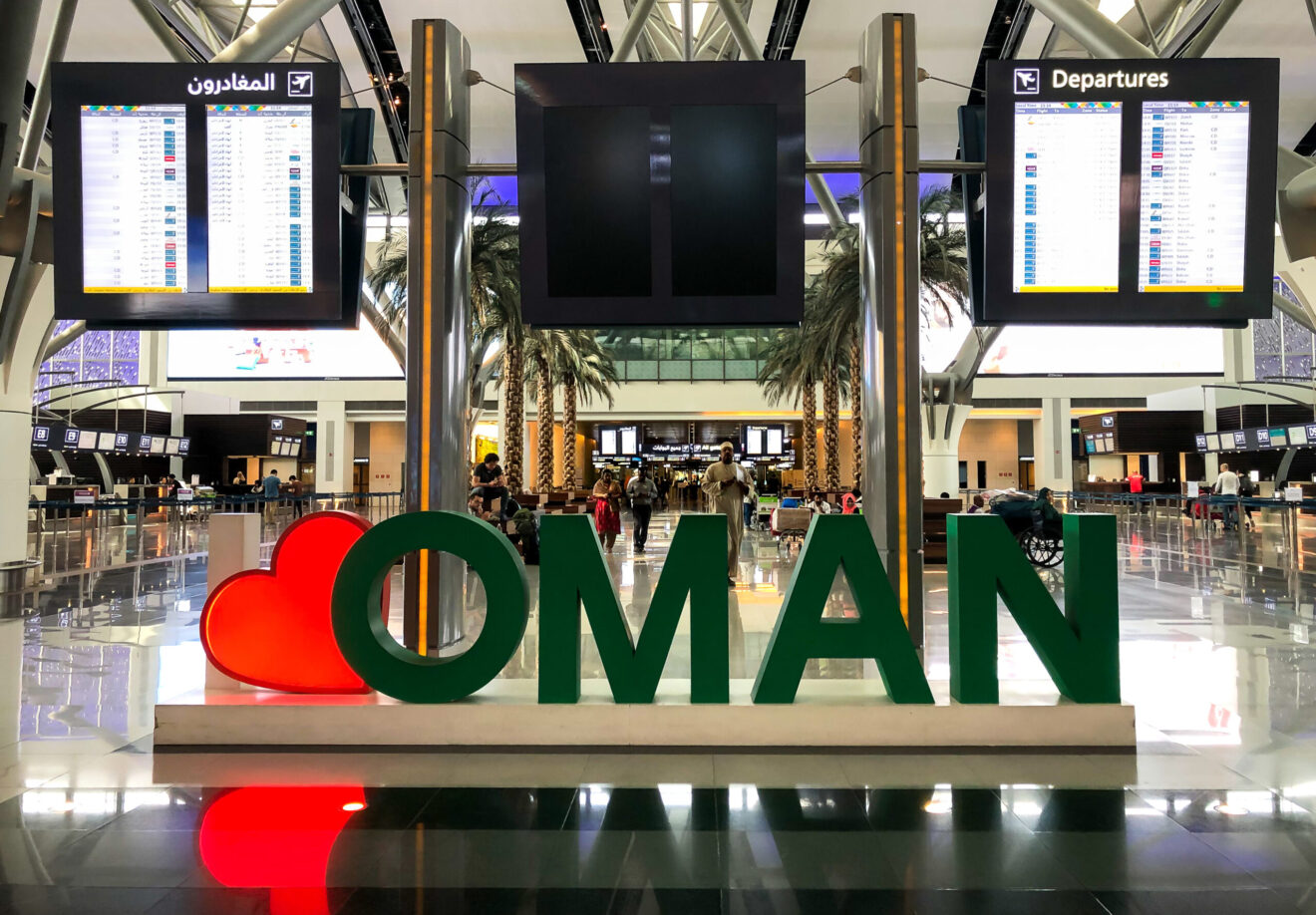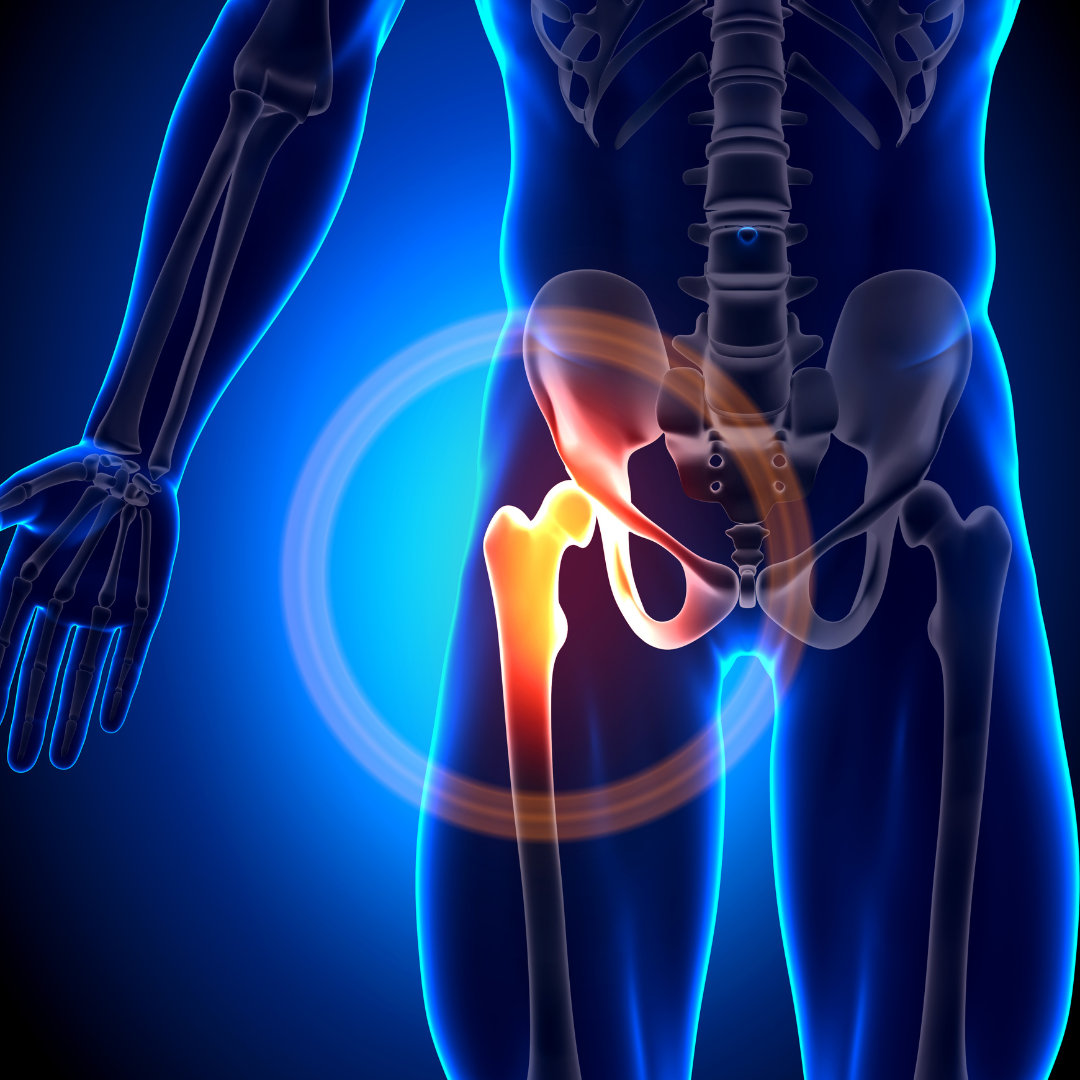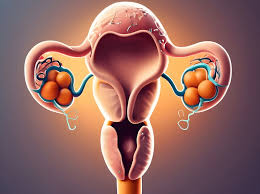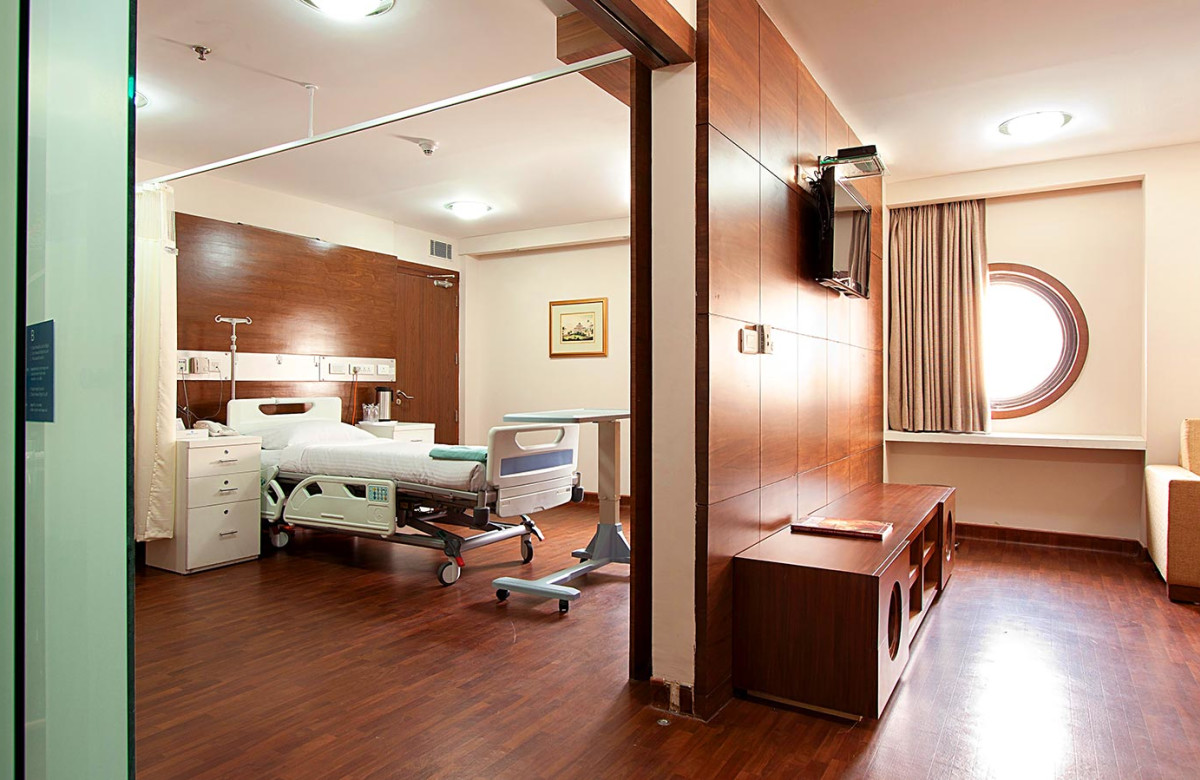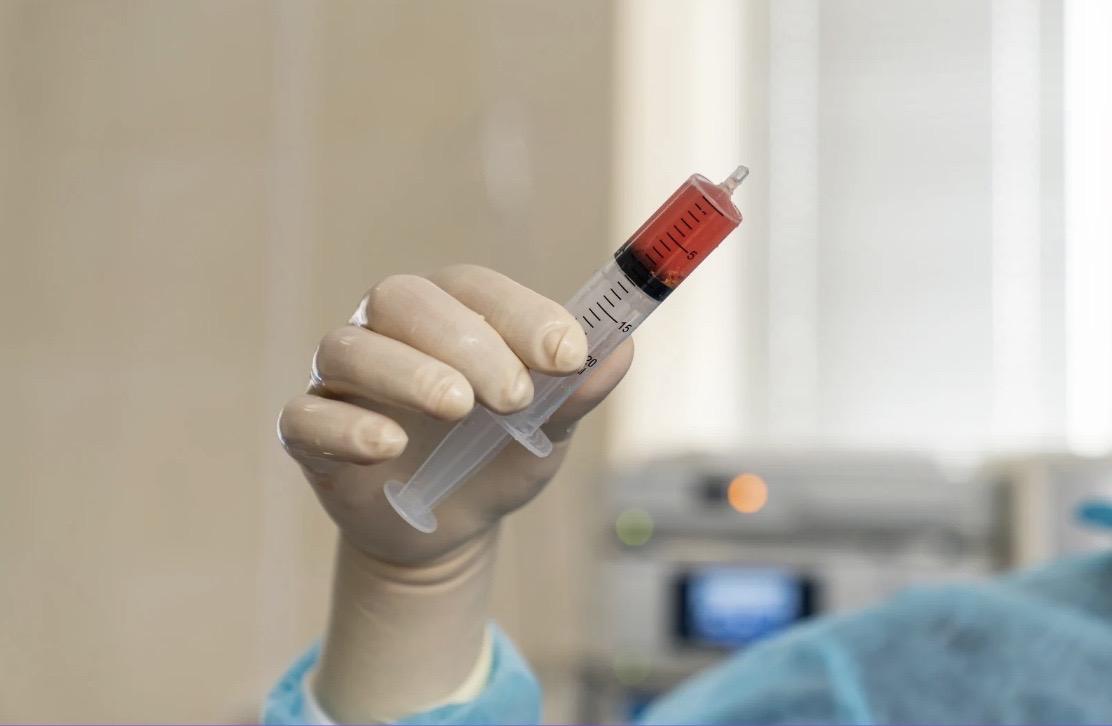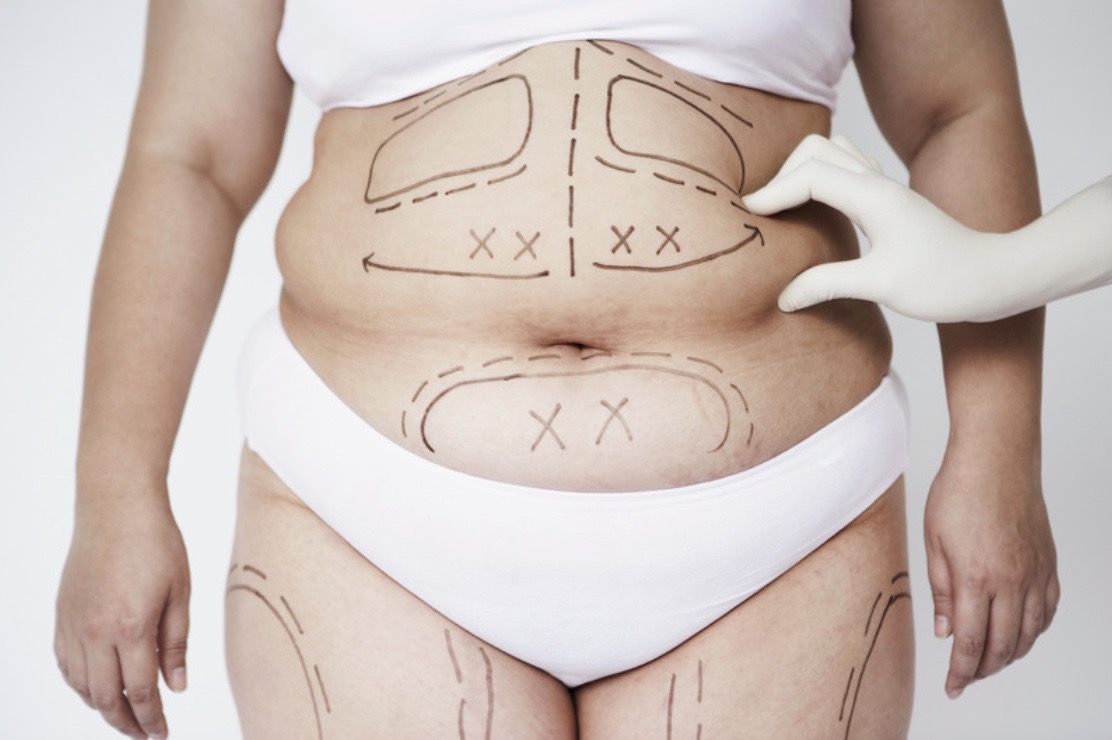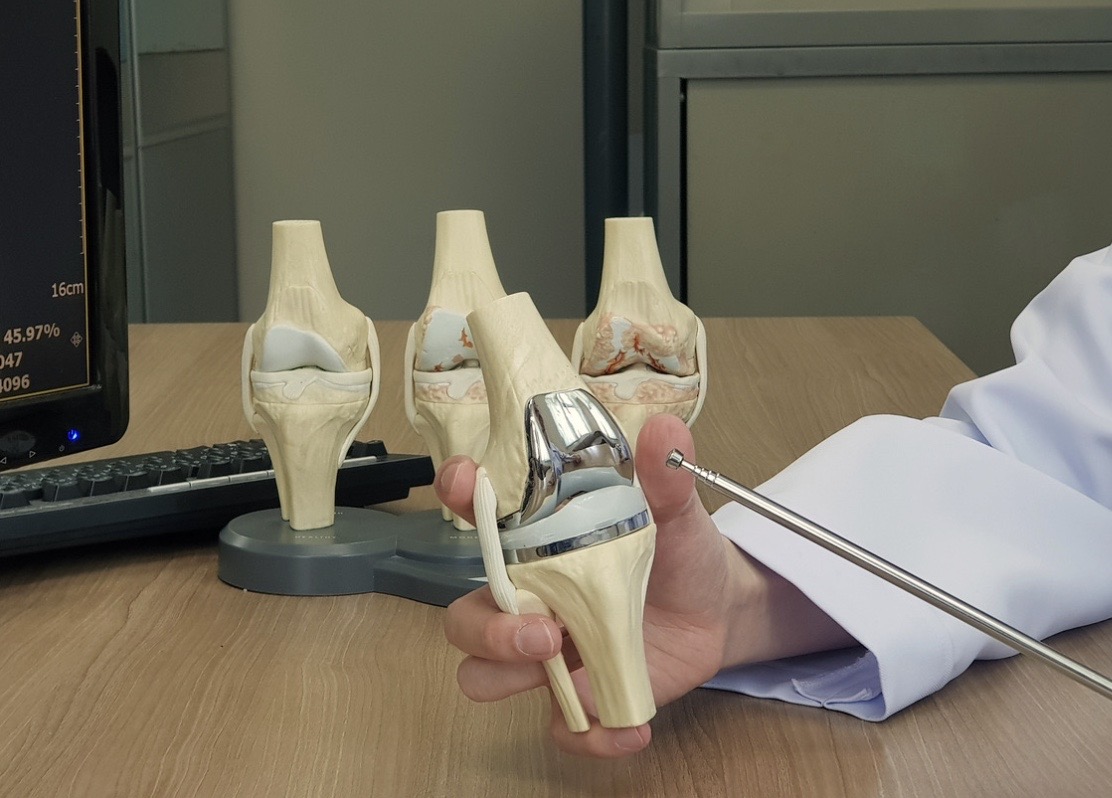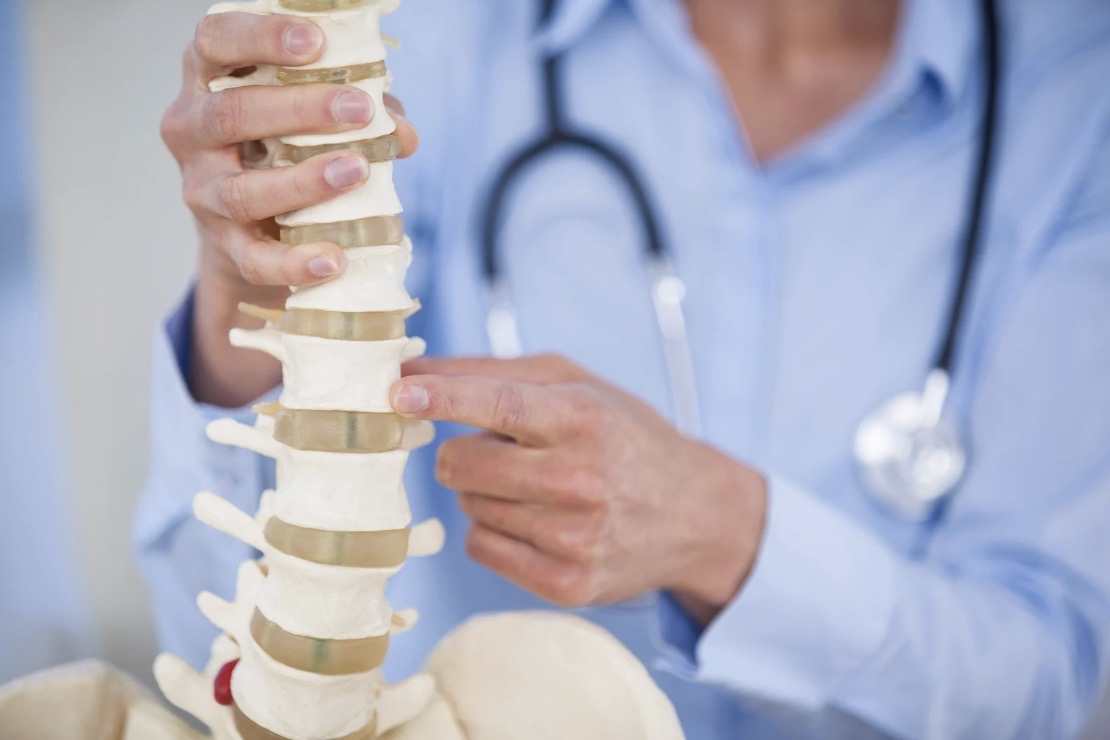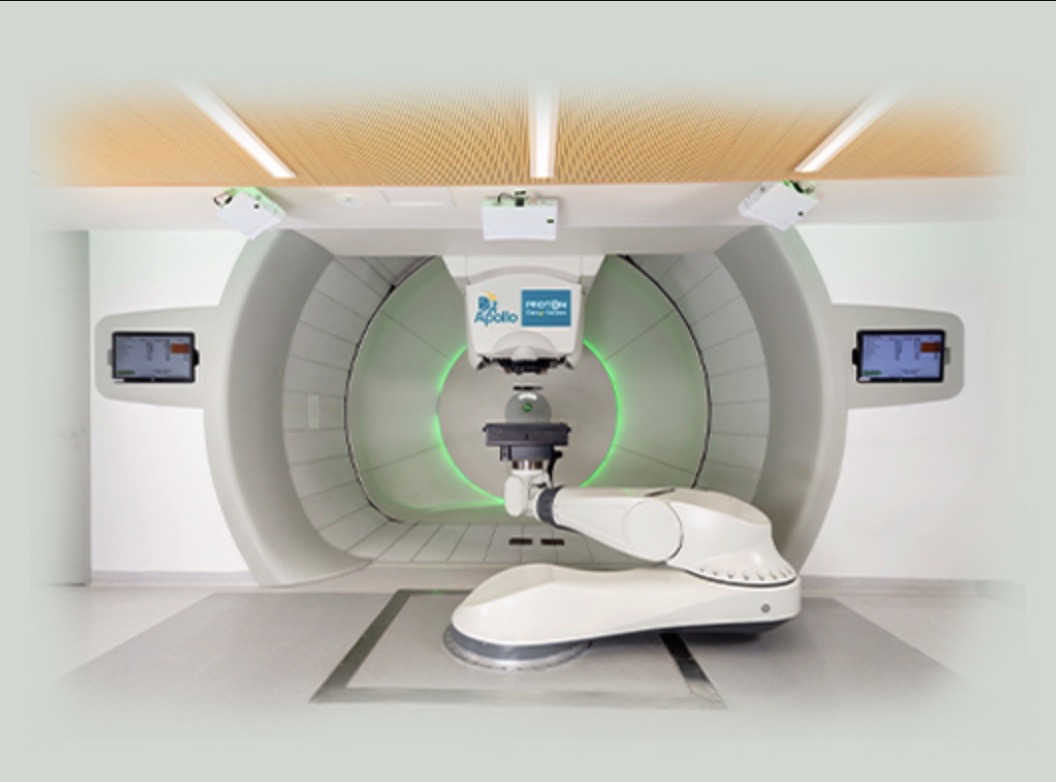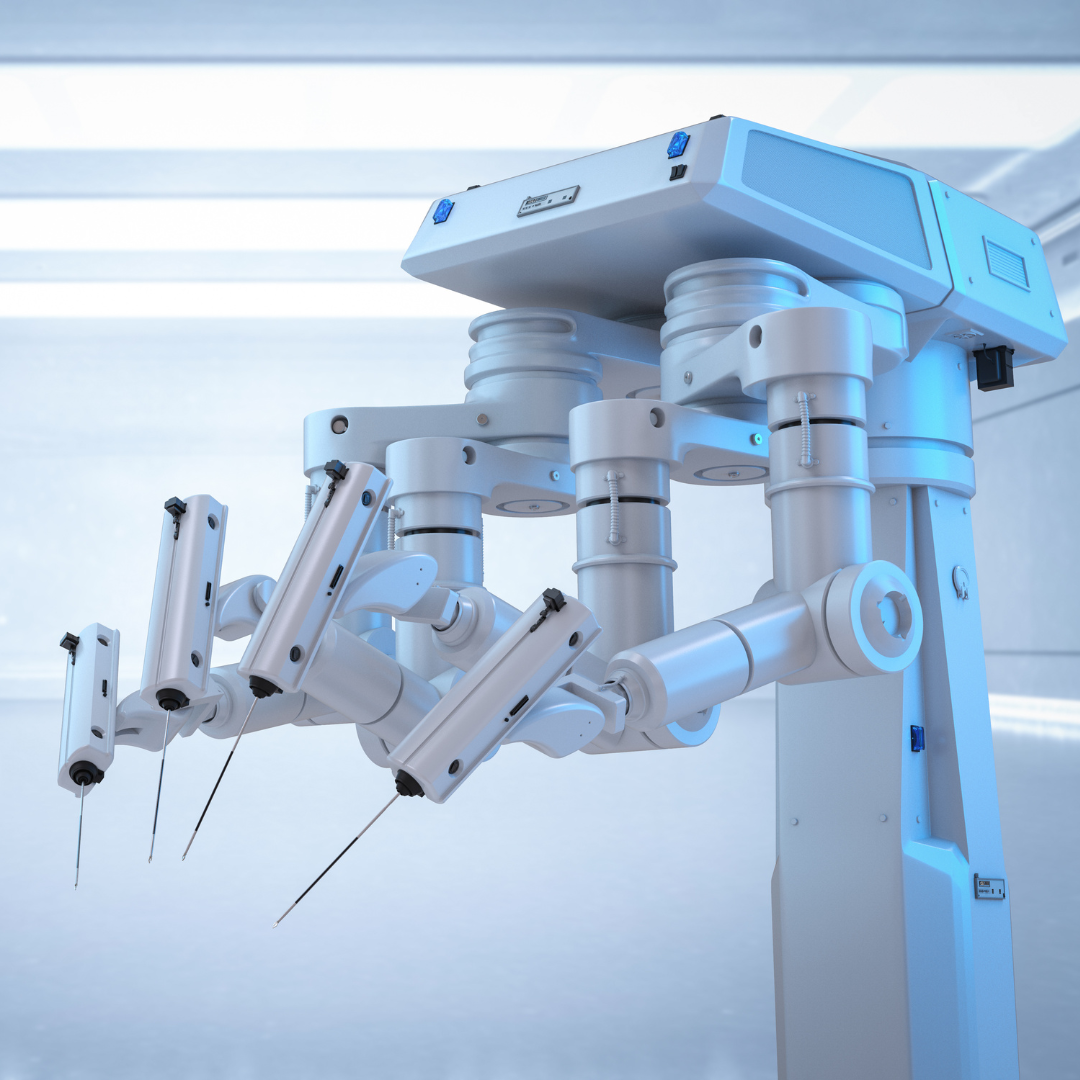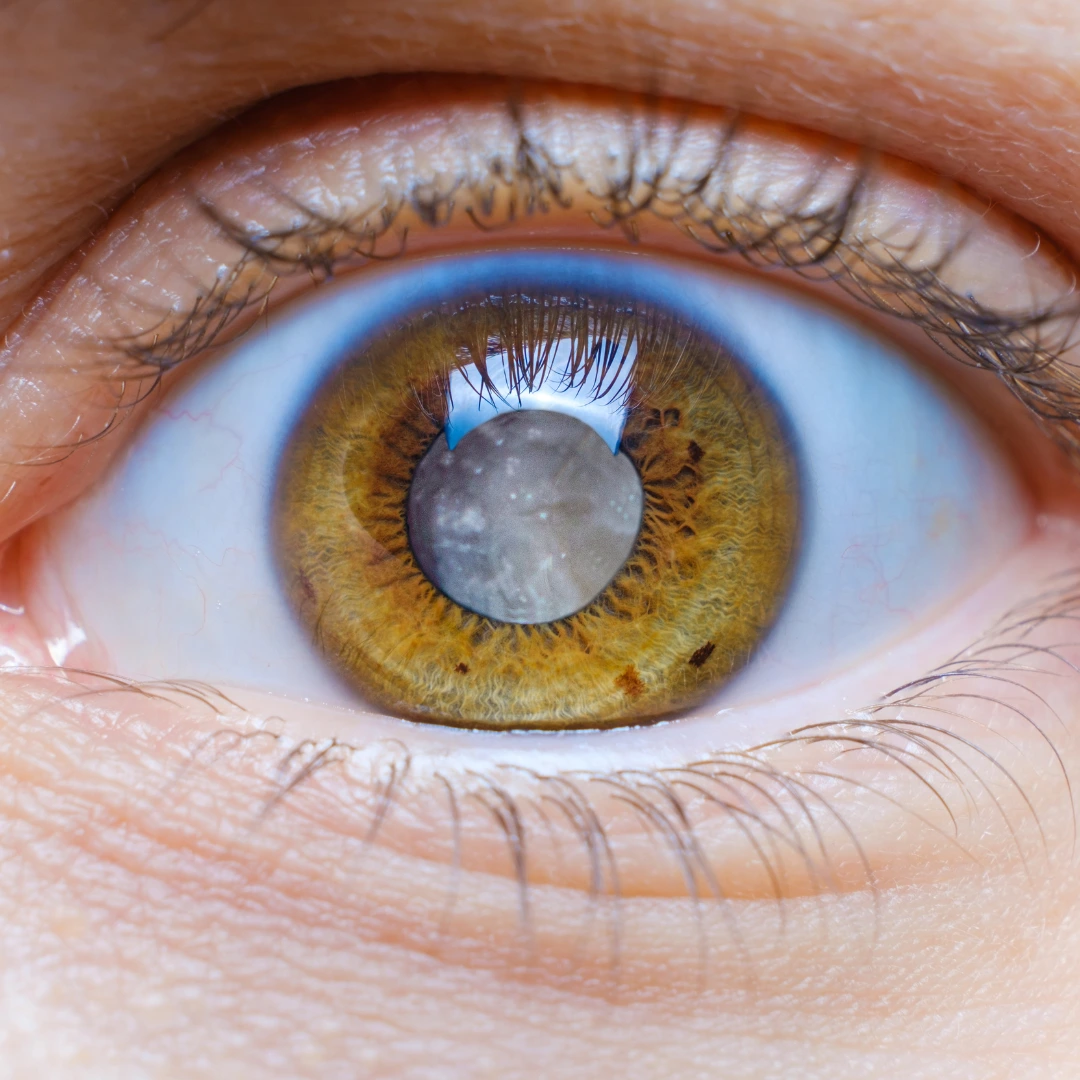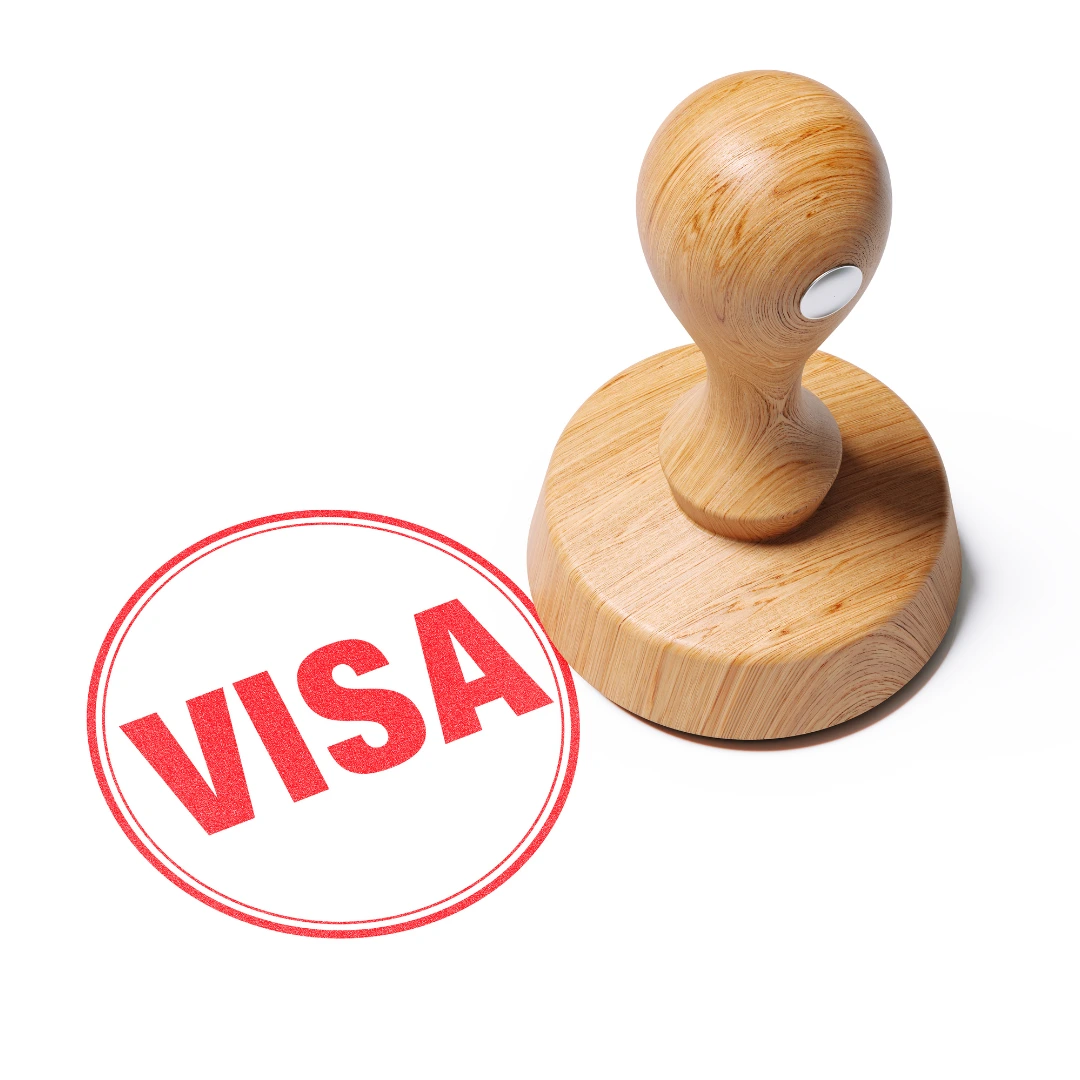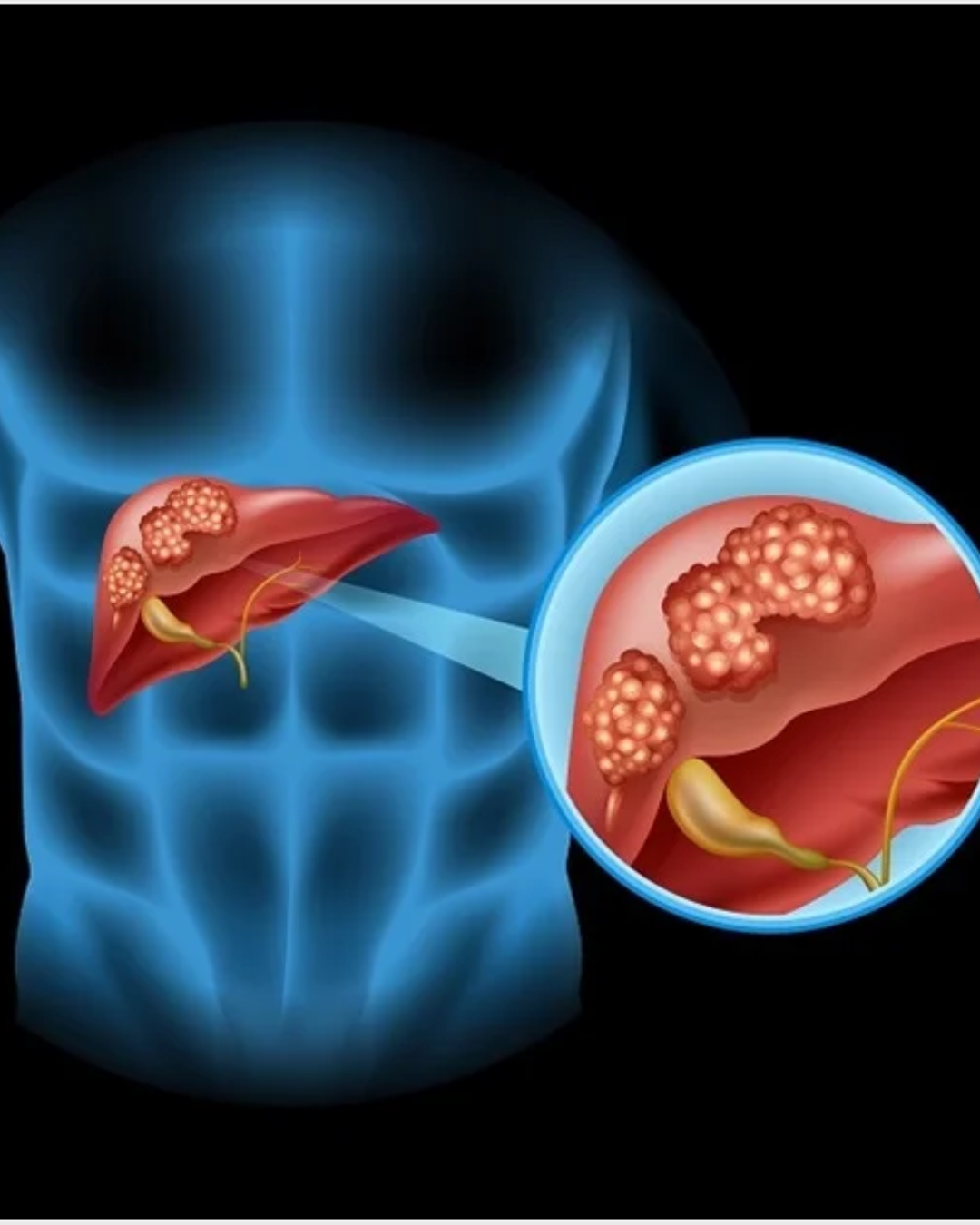Introduction
Valvular Heart Disease (VHD) refers to any condition in which one or more of the heart's valves are not functioning properly. The heart has four main valves: the aortic valve, mitral valve, tricuspid valve, and pulmonary valve. These valves ensure blood flows in the correct direction through the heart and to the rest of the body. VHD can be caused by a variety of factors, including congenital defects, infections (such as rheumatic fever), aging, and other heart conditions. The most common types of valvular disorders include stenosis (narrowing of the valve) and regurgitation (leakage of the valve). Symptoms may range from mild to severe, including fatigue, shortness of breath, and chest pain. If left untreated, VHD can lead to complications like heart failure and stroke. Treatment options depend on the type and severity of the disease.
Cost Comparison
The cost of valvular heart disease treatment varies widely anywhere in the world, depending on the hospital, the stage of cancer, the type of treatment, the number of therapy sessions required, the patient’s overall health condition, post-operative complications and care, etc. The average cost of valvular heart disease in India is USD $4000.
But be assured as the cost of Valvular Heart Disease in India is just a fraction of developed nations.
- Avg Cost of treatment - $4000
- Maximum cost of treatment - $9000
Factors affecting Cost of treatment
Several factors can influence the cost of treating Valvular Heart Disease (VHD) in India. Some of the key factors include:
-
Type of Treatment:
-
Surgical treatments such as valve repair or valve replacement can be costlier than conservative treatments like medications.
-
Minimally invasive procedures like transcatheter aortic valve replacement (TAVR) can also increase treatment costs.
-
Complexity of the Case:
-
Cases with multiple valve involvement, significant complications, or requiring advanced technologies will raise treatment costs.
-
Comorbidities like diabetes or hypertension may require additional treatments, increasing costs.
-
Medical Team and Expertise:
-
Costs can vary based on the experience and reputation of the cardiologists, cardiac surgeons, and support medical team involved in the treatment.
-
Diagnostic Tests and Imaging:
-
Costs for initial diagnostic tests like echocardiography, CT scans, and MRI to assess the condition of the valves can contribute to overall expenses.
-
Post-Treatment Care:
-
Extended hospital stays, post-operative monitoring, and rehabilitation can add to the overall treatment costs.
-
Medication (like anticoagulants post-surgery) also contributes to the long-term expenses.
-
Type of Valve Used (for Replacement):
-
Mechanical or biological valve replacements have different price ranges. Biological valves generally cost more due to the materials and research behind them.
-
Patient's Health Insurance Coverage:
-
The extent of health insurance coverage and whether it includes treatment for cardiac conditions can reduce out-of-pocket expenses for the patient.
These factors combined determine the overall cost of treatment for valvular heart disease in India.
Treatment options
In India, Valvular Heart Disease (VHD) is treated using a variety of methods, depending on the severity of the condition, the specific valve involved, and the patient's overall health. The main treatment options include:
1. Medications
-
Diuretics: To reduce fluid buildup.
-
Anticoagulants: To prevent blood clots, especially after valve replacement surgery.
-
Beta-blockers and ACE inhibitors: To manage symptoms and prevent further damage to the heart.
2. Surgical Treatments
-
Valve Repair: When the valve can be preserved, surgical repair may be performed to restore normal function. This is often done for mitral or tricuspid valve diseases.
-
Valve Replacement: If the valve is severely damaged and cannot be repaired, it may be replaced with either a mechanical or biological valve. This is typically done for aortic or mitral valve disease.
3. Minimally Invasive Techniques
-
Transcatheter Aortic Valve Replacement (TAVR): A minimally invasive procedure used for patients with aortic valve disease, particularly in those who are not candidates for open-heart surgery.
-
Percutaneous Valve Repair: This includes techniques like Mitral Clip for repairing the mitral valve through a catheter.
4. Balloon Valvuloplasty
-
A procedure used to treat stenotic (narrowed) valves. A balloon is inserted into the valve via a catheter and inflated to widen the valve opening, commonly used in aortic or mitral stenosis.
5. Lifestyle Changes and Monitoring
-
Lifestyle Modifications: In some cases, lifestyle changes like salt restriction, smoking cessation, and exercise can help manage symptoms and slow disease progression.
-
Regular Monitoring: Patients with mild to moderate valve disease may be monitored regularly with echocardiograms or other imaging techniques to track the disease progression.
6. Advanced Surgical Techniques
-
Aortic Valve Replacement (AVR) and Mitral Valve Surgery are among the more advanced treatments requiring open-heart surgery, which is done in major medical centers in India.
7. Heart Transplantation (in severe cases)
-
In rare and extreme cases, when the heart fails due to severe valvular disease, a heart transplant may be considered.
India has an extensive network of cardiac care centers that offer advanced treatment options for valvular heart disease, with skilled cardiologists and cardiac surgeons performing surgeries with excellent outcomes. Hospitals like Fortis, Max Healthcare, Artemis, and others provide a wide range of treatments, from surgery to minimally invasive procedures.
How Medotil Global Assists International Patients
Medical Visa Assistance
- Guides patients through the process of obtaining a medical visa for India.
- Provides necessary documentation support, such as invitation letters from hospitals.
Accommodation Arrangements
- Helps secure comfortable and affordable lodging near treatment centers.
- Offers a range of options, including guest houses, hotels, or serviced apartments.
Food Services
- Assists in arranging dietary preferences, including international cuisines and special diets for medical needs.
Transportation Support
- Provides airport pickup and drop-off services.
- Offers reliable transportation for hospital visits and local travel.
Hospital and Doctor Selection
- Recommends top hospitals and connects patients with experienced specialists in their specific condition.
- Ensures access to advanced medical treatments and technology.
Tourism Services
- rganizes visits to famous tourist attractions like the Taj Mahal, Jaipur, Kerala, and other cultural landmarks.
- Tailors travel plans based on patient preferences and recovery needs.
24/7 Support
- Provides round-the-clock assistance for any queries or emergencies during the stay in India.


